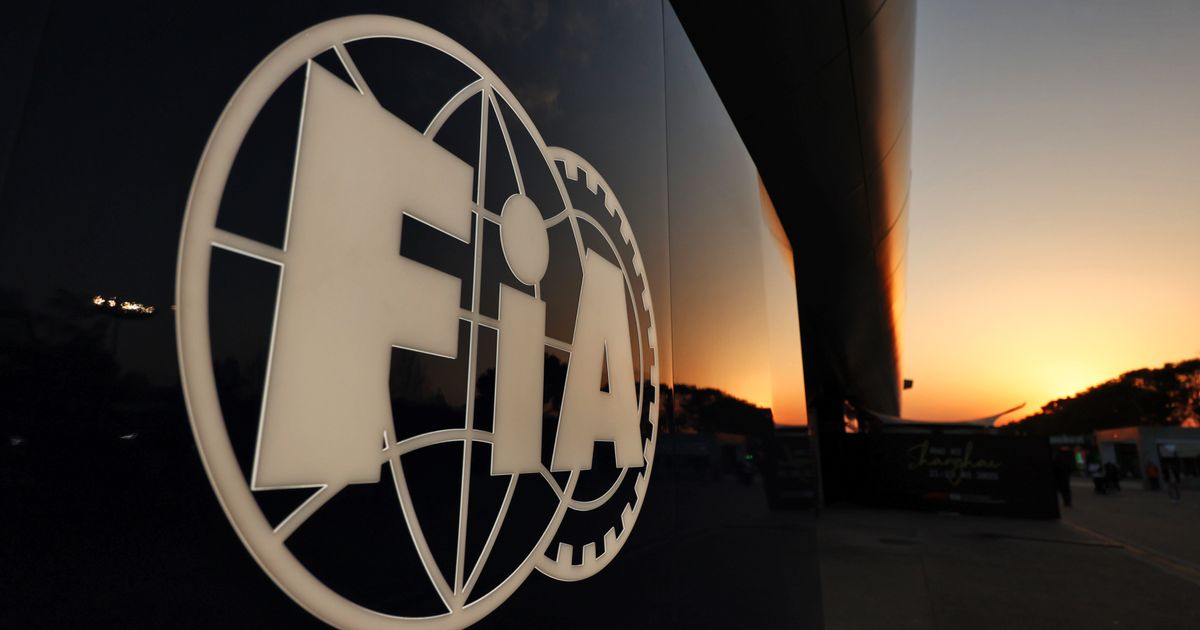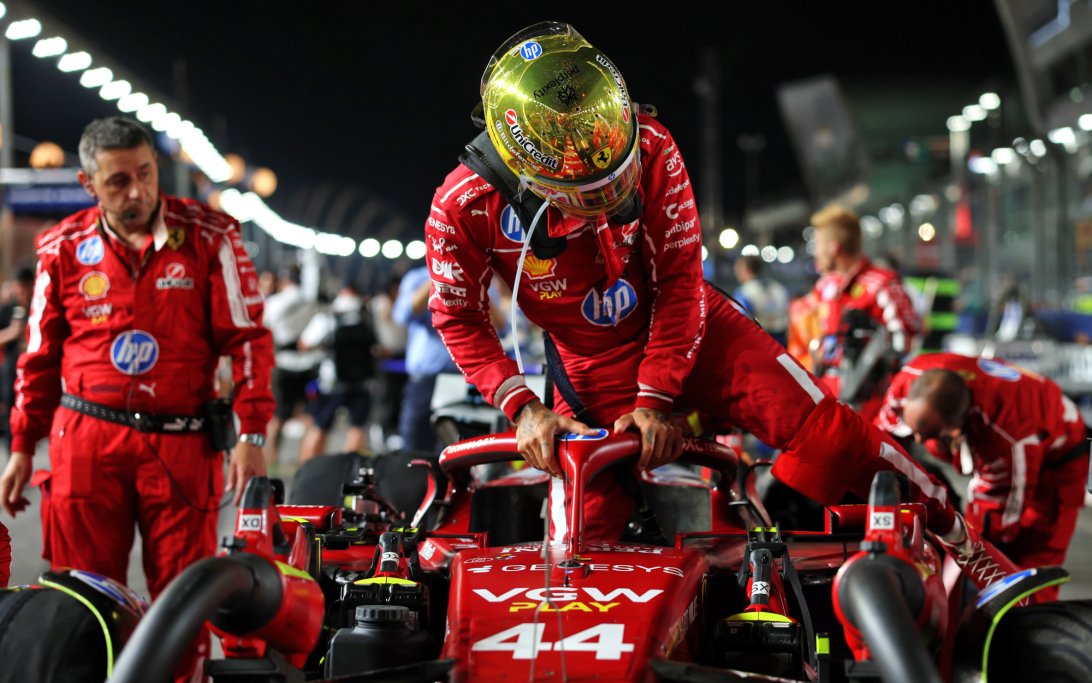
FIA Adjusts 2026 Engine Rules to Aid Underperforming Suppliers
The FIA has approved minor but significant updates to the 2026 F1 Technical Regulations, specifically concerning Power Units and the 'Additional Development and Upgrade Opportunities' (ADUO) concept. These changes aim to support engine manufacturers who may be struggling to keep pace with their competitors, ensuring a more level playing field and mitigating severe reliability issues.
Why it matters:
After years of dominance by a few engine suppliers, the FIA's proactive approach signals a clear intent to prevent a single manufacturer from gaining an insurmountable advantage in the new regulatory era. This could lead to more competitive racing and a more diverse grid, benefiting the sport as a whole by ensuring all teams have a fair chance at performance, rather than being handicapped by their engine partner's initial struggles. It also provides a crucial safety net for new entrants or those facing unforeseen technical challenges.
The Details:
- ADUO Concept Expansion: The Additional Development and Upgrade Opportunities (ADUO) concept has been enhanced. This system provides trailing power unit manufacturers with increased flexibility for development and performance upgrades.
- Eligibility for ADUO: After the sixth, twelfth, and eighteenth races of a season, ADUO eligibility will be assessed based on three key criteria:
- Additional possibilities to change the homologation of the Power Unit.
- Extra cost cap relief.
- Additional development hours on the PU test benches.
- Cost Cap Relief for Reliability: New measures have been introduced to offer cost cap relief to PU manufacturers facing serious reliability issues. This is a critical provision, as extensive reliability problems could otherwise severely impact a manufacturer's ability to develop under the stringent cost cap.
- Scope of Changes: The approved updates encompass various components, including the survival cell, suspension, aerodynamic components, and the Power Unit itself, alongside adjustments to the Power Unit Financial Regulations and Operational Regulations.
The big picture:
Honda, which is set to partner with Aston Martin from 2026 after its successful run with Red Bull concludes, is one manufacturer that could potentially benefit from these adjustments. With the major regulatory overhaul, the uncertainty surrounding new engine designs is significant. Aston Martin team principal Andy Cowell recently expressed optimism about Honda's progress, noting productive meetings at Honda's Sakura development center. He highlighted the focus on "chasing performance, chasing reliability, chasing all the things that help make a quick race car," indicating a strong push from the Japanese manufacturer to be competitive. The presence of technical partners like Aramco Valvoline further emphasizes a collaborative effort to optimize the 2026 power unit.
What's next:
These regulatory tweaks underscore the FIA's commitment to fostering a competitive and dynamic F1 grid for the 2026 season. While manufacturers like Honda continue their intensive development, the ADUO concept provides a crucial mechanism to prevent any single supplier from falling too far behind. If initial struggles emerge, the framework is now in place to help close performance gaps, potentially leading to closer racing and preventing early-season dominance from a single engine supplier. The effectiveness of these measures will only become clear once the new regulations come into force and the engines hit the track.
Original Article :https://www.gpblog.com/en/news/fia-tweaks-2026-rules-to-support-underperforming-...









